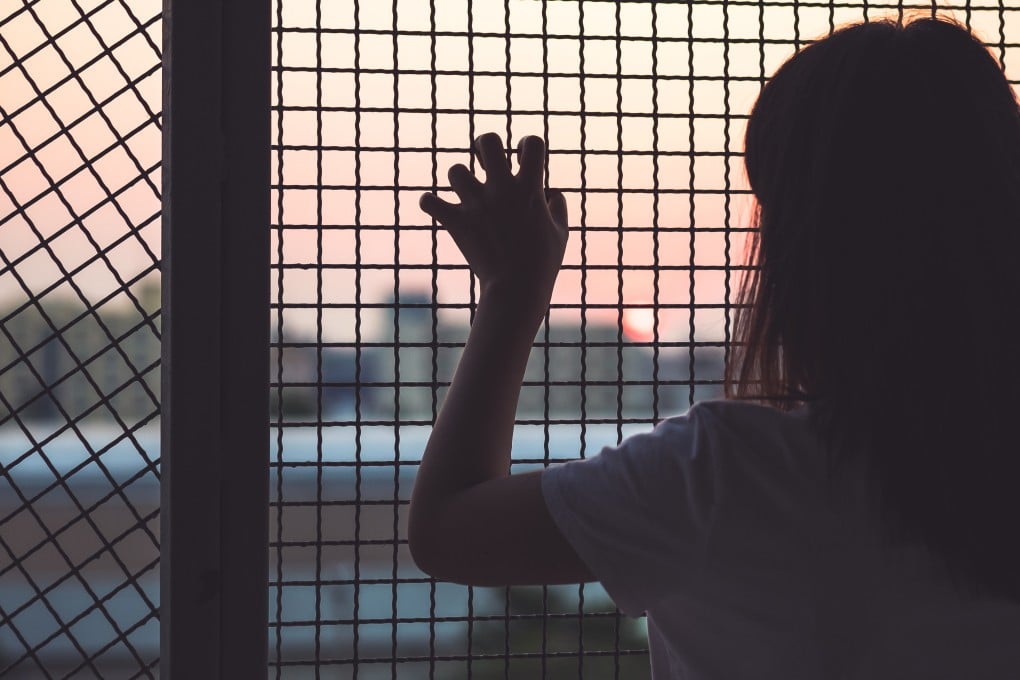Opinion | Hong Kong’s human trafficking victims need to be supported, not detained
- Serious gaps in anti-trafficking policy let crime happen in plain sight, and treating victims as criminals leaves them reluctant to come forward
- The good news is that focused, achievable reform can improve the situation and is possible within existing legal frameworks

Why does this happen, despite Hong Kong’s strong law-enforcement capacity? First, human trafficking is complex. The United Nations defines trafficking as the recruitment, transport, transfer, harbouring or receipt of people through force, fraud or deception with the aim of exploiting them for profit. Being exploited is the hallmark of human trafficking.
Someone might transition into being trafficked after they enter Hong Kong if they are being exploited for profit through coercion, threats, deception, force or abuse. Getting paid does not negate trafficking. Hong Kong’s dynamic service economy, with its high demand for cheap labour, offers many gaps for traffickers to exploit.
Second, many victims are terrified of coming forward as they fear retaliation from traffickers, criminal punishment or the loss of their limited earnings. Others might not even realise they have been trafficked.


